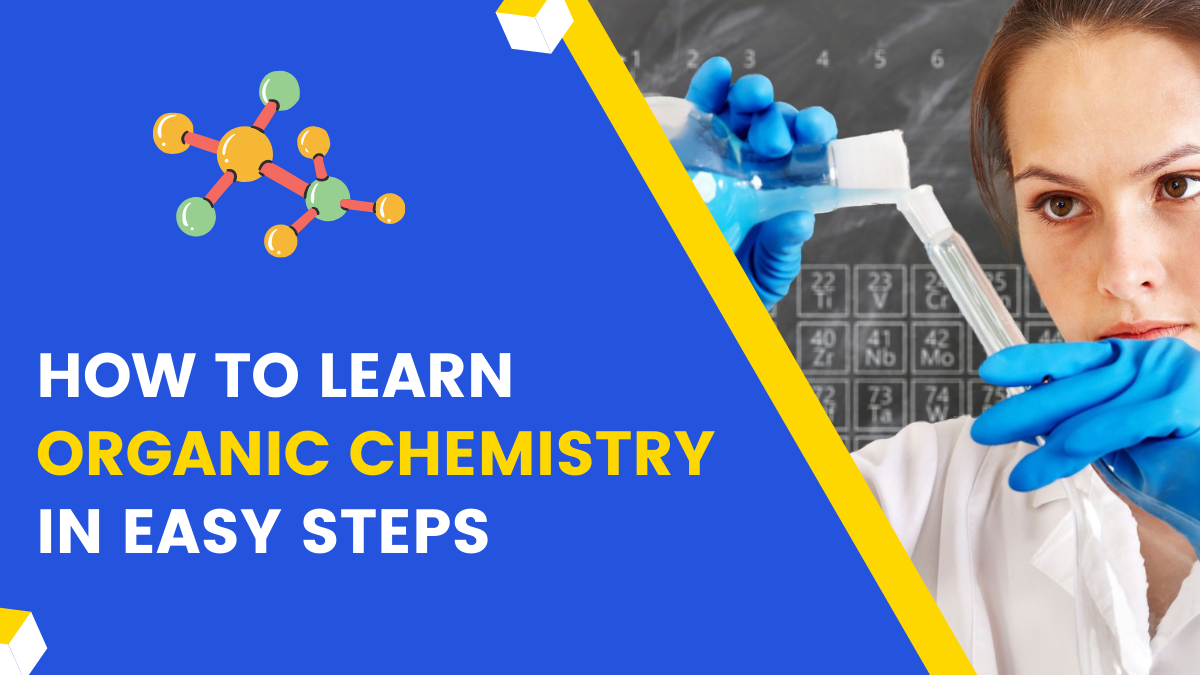Organic chemistry is a subject that has no limits and each book has its style and own content which differs a bit from others. For cracking any exam , maybe IIT-JEE or NEET or BOARDS you have to have a lot of practice and logic and a clear idea upon mechanism the books that you have mentioned are for reference and you cannot rely upon any one of them completely for preparing for your exams .
LET’S COME TO THE BOOK ONE SHOULD FOLLOW
Modern ABC: One of the best books to clear all the basics of organic chemistry. Everything here is given in a simple & lucid way. Great explanation
Pradeep’s new course chemistry by S.N Dhawan
Dinesh’s Objective Chemistry by P.N.Kapil
Organic Chemistry (Morrison and Boyd)
The book covers almost all the topics in the JEE syllabus in good detail. Students prefer preparing Organic Chemistry for JEE with Morrison and Boyd owing to the interesting way in which even the most complex topics are made understandable. This book is ideal for understanding the concepts of Organic Chemistry for JEE.
Organic Chemistry – Himanshu Pandey (GRB Publication)
This is a comprehensive guide for Organic Chemistry. Teachers and students will find all type of problems that covers the core curriculum of typical organic chemistry. Answering the questions in this book needs thinking and deep knowledge.
Organic Chemistry – M. S. Chauhan (Balaji Publication)
The book aims at three problematic key areas of organic chemistry – understanding of mechanics, visualization of structures, and problem-solving. The reactions are well illustrated and elaborate answers with stepwise explanations of their mechanisms are provided. These are combined with concise text helping students to acquire the fundamental concepts of the subject.
A Guidebook to Mechanism in Organic Chemistry by P. Sykes
Organic Chemistry (vol 1 &2 ) by I. L. Finisar.
Solomon And Frhyle’s It is a masterclass. Though there are a bit too many questions on NMR spectroscopy which I don’t think is what we are looking for right now. But please don’t choose the one that has been edited by MS Chauhan some concepts are just flawed in the edited one.
Morrison Boyde I rate it only second to Solomon Frhyle’s if not better. The book is comprehensive but you won’t get everything in the same place it is all dispersed throughout the book.
This is the section in which NCERT might not be enough, your faculty will be helpful here. Understanding the basics is very crucial for this section, otherwise, you will always hate organic Chemistry. GOC (General Organic Chemistry) is very important, it involves the basics on which organic chemistry works, so master this topic.
Learn reactions in Organic Chemistry by writing them several times in a notebook. Practice questions on “Conversions” daily.
Make a chart of all the named reactions, first from the NCERT and then from any standard book.
Also, make notes of all the important reagents and their actions. Revise them. Never try to mug up anything. Focus on learning the mechanism behind reactions.
Also, some really important tips to remember is-
Don’t ignore NCERT– It is a common mistake that a lot of students commit. NCERT alone is enough for scoring more than 150+ if read with utmost care. Go through the chapter at least twice before the exam.
Analyzing the pattern and syllabus– Before starting, analyze the Chemistry syllabus & pattern and level of the exam. Write down all the important chapters and topics and strategize accordingly.
Always clear all your doubts- Never keep any doubts in your mind, clear even the smallest of your doubts, especially in organic chemistry
Prepare a monthly timetable or study plan– Have weekly and monthly targets, study in a scheduled manner not randomly. Make notes of every chapter mentioning even the slightest of points. It will help in making the revision process even more smooth
Practicing previous year papers– Practice previous year question papers for knowing the important topics and the level of questions that you can expect.
Make good class notes, this is very important. Organic is best taught by a teacher. Remember all kinds of effects, their exceptions, their preference orders, etc. Making short notes turns out very useful later on.
So, the main areas you’ll study are –
Basics of Organic Chemistry– This itself is a big topic. It involves topics like Nomenclature, Isomerism(stereo and structural), Electronic Effects, Acidic and Basic strengths, bonding in Organic compounds, basics of Organic reaction mechanisms, Practical Organic Chemistry. Now, these are some really important topics and every coaching class has a different way to approach them. We were taught these concepts as and when they were required. You should follow whatever approach you are being taught. If you attend proper coaching, then concentrate on their teaching and sheets. If not, then there are plenty of books out there, to help you, keep reading.
Reaction part– This is the essence of Organic Chemistry. 90% of questions asked in Organic chemistry are from reactions. This includes Hydrocarbons, Aromatic compounds, Alcohols, Phenols and Ethers, reactions of acids, Grignard Reagent, Oxidation/Reduction, etc. The list is very long. There are a lot many reactions in this section. But panic not. These are taught in a very structured way in Coachings/Books. Follow their way, and be regular.
Remember stuff up as soon as they are taught. Maintaining a reaction+mechanism+exception diary helps. Revise it every time before you sit to study Organic Chemistry. Constant revision is the key here. Understand the mechanisms well. A lot of questions are asked in JEE(Advanced) based on mechanism. They would change the reaction a bit and they will ask you about the product. You can solve it only if you have an understanding of the mechanism.
So, the main thing is- keep all the reactions, reagents, and exceptions on your tips, and have a good understanding of mechanisms. Practice them by writing them down till you remember them. Solve a huge number of problems as they will help you remember the facts.
Also, a good understanding of Basic Organic Chemistry is important, otherwise, you won’t be able to move ahead. To strengthen that first.
Self-study people can pick up a good book(keep reading) and start from there. Try to obtain good coaching material to practice from. Youtube tutorials can help you understand mechanisms.
Biomolecules and miscellaneous parts– This is relatively easy. It is important, as at least 1-2 questions are asked from the chapter ‘Chemistry in everyday life ‘. Just mug up this chapter from NCERT. This is it. It will cover Boards, JEE(Main), and JEE(Advanced) all at one go. Then comes biomolecules. This is an interesting chapter, and JEE has asked some tough questions from this chapter. Remember all Amino acid structures, if you can, as there was a question in JEE 2014 based on this. There are lots of concepts and structures, especially in Carbohydrates and Proteins, be familiar with them.
Don’t compare with regards to solving organic chemistry problems with others & yourself. Select a good book which you understand clearly & explore the subject. In a matter of quick time, you would come out with flying colors.
Well, for your easy and smooth preparation of the exams, we have brought DOUBTBUDDY near you. All you do is scan your ques and upload them; you get answers in seconds with teachers just with you to give a detailed explanation for your further clarification. We have faculties with us having a great experience and always ready to help you all. So what are you waiting for,
Download DOUBTBUDDY now- https://play.google.com/store/apps/details?id=com.doubtbuddy.student
For more information visit our webpage https://www.doubtbuddy.com/
Don’t forget to share with your friends .



